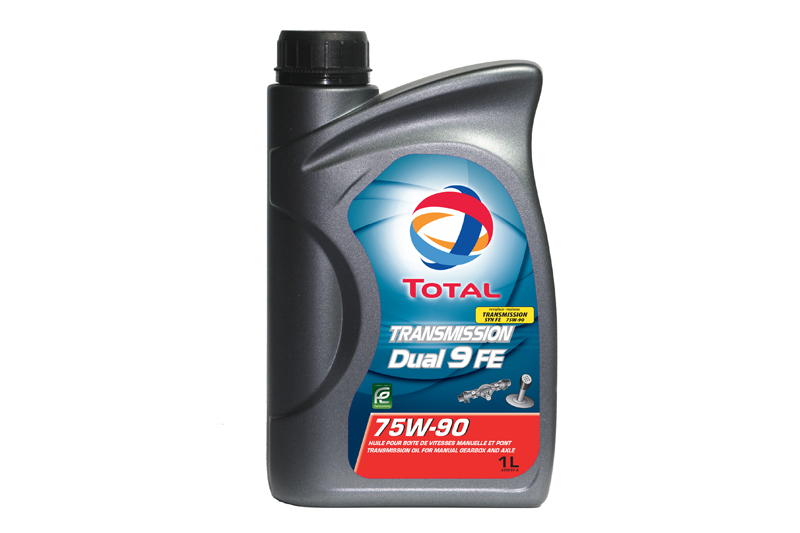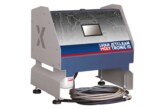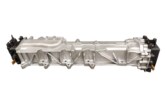
A technician’s day is never a straightforward one. There are always a huge number of decisions to make; all based on the individual requirements of whichever model is being worked on. Manufacturers specify a full range of recommendations for replacement parts and consumables, and this also comes down to transmission oils. But oil is oil, right? Total Lubricants tells all.
The notion that ‘oil is oil’ is wrong on all counts. Transmission oils, also known as gear oils, help to keep all the moving parts lubricated and are therefore a vital part of any gearbox.
It’s tempting to think that manufacturers are being overly fussy when specifying particular oil grades, or that they have a vested interest in choosing one product over another. However, they do it for a very important reason. Engines and components have specific requirements for lubricants, and ignoring the recommended products can often have dire consequences. So, as a technician, what do you need to know?
OEM specification
In short, it’s crucial to know the OEM specification and viscosity details to determine which product to use on each vehicle model.
Where to find the spec
There are various places where you may find which gear oil to use. Look in the manufacturer’s handbook, a workshop manual, or sometimes the basic information is on the gearbox unit itself. Otherwise, look online – including Total UK Lubricant’s Lub Advisor.
Geoff Briggs, Field Engineer from Total UK Lubricants, commented, “Whilst I come across plenty of workshops that are vigilant about using exactly the correct lubricant products, there are also plenty that don’t think it matters.
“For example, whilst Scania recommends the same specification oil for transmission and axles, most other manufacturers do not, so using the same to save time or money can be a costly mistake.”
For commercial fleets and vehicles, it’s crucial to get it right. We all know the true cost of a vehicle being off the road due to repair or for maintenance. There’s also the very real danger of invalidating the manufacturer warranty if problems occur. Using the right oil products can also increase a business’ bottom line by decreasing fuel consumption, too. In fact, it can bring a whole host of benefits, including:
- Extended drain periods – directly translating to lower maintenance costs
- Extreme pressure resistance – protecting gears and synchromeshes against metal wear and corrosion
- High viscosity index – provides excellent stability and coverage, as well as improving fluidity at low temperatures, assisting cold starts
- Low temperature fluidity – enabling fleets to enjoy better fuel consumption and less drag, even during cold starts
- Anti-foam properties – ensures good air release in operation and provides good lubrication at high temperatures
- Improves engine function – improves engine performance, reduces fuel costs and lowers emissions
- Anti-corrosion properties – guards against component degradation and reduces maintenance costs
- Low loss of viscosity through shear – protects components from excessive wear
- Compatible with most types of synchronisers
- Conditions gaskets
- Enhances cooling function and reduces high operating temperatures
- Increases the lifespan of components








